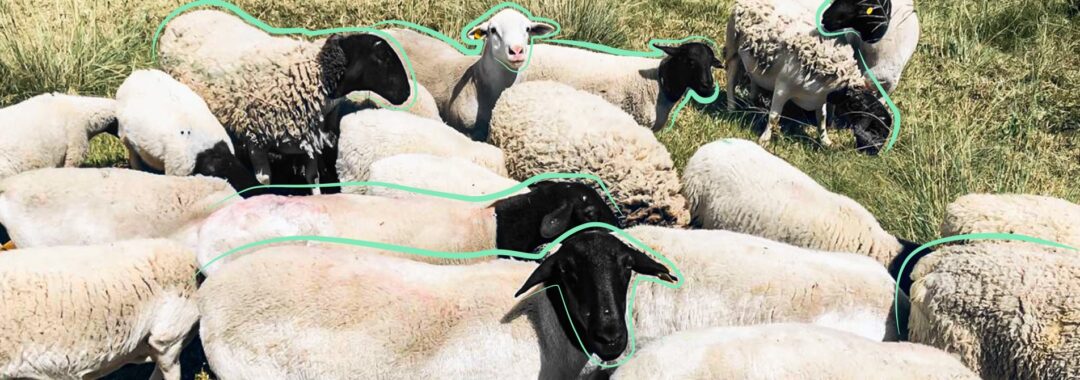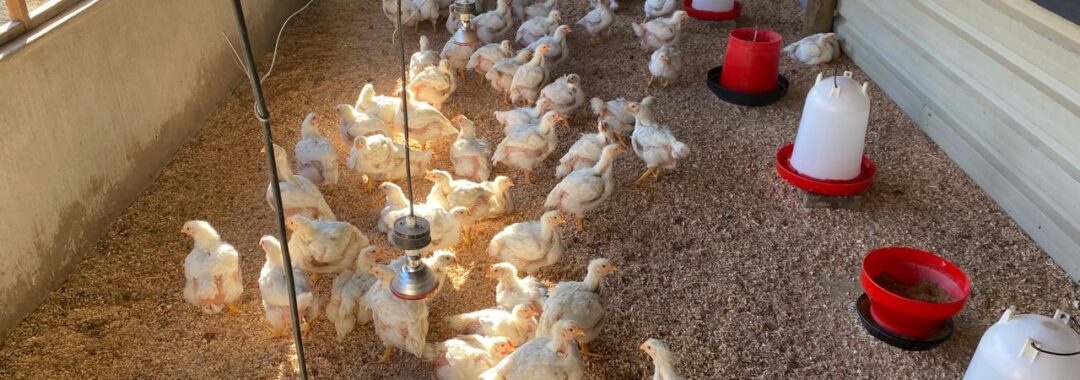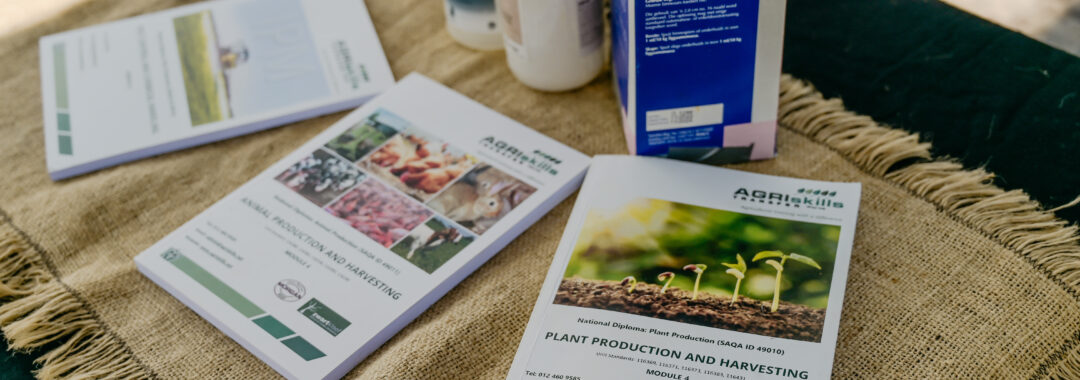South Africa boasts a rich agricultural tapestry, where sheep farming stands out as a cornerstone of its heritage and economy. From the hardy indigenous breeds like Damara and Namaqua Afrikaner to internationally renowned breeds such as Merino and Dorper, sheep farming in this diverse nation paints a vibrant picture of history, culture, and agricultural innovation.
Diverse Sheep Breeds
South Africa is home to some of the oldest and most diverse sheep breeds in the world. The indigenous Damara sheep, known for their resilience in arid conditions, have been a part of Southern Africa's landscape for centuries. Similarly, the Namaqua Afrikaner sheep, adapted to the harsh environments of the Namaqualand region, showcase the country's ability to cultivate breeds suited to local conditions.
In addition to these indigenous breeds, South Africa has embraced and developed popular commercial breeds like the Merino and Dorper. The Merino sheep, prized for their high-quality wool, have a long history in South Africa dating back to the late 18th century. Today, South Africa hosts the world's largest Merino sheep stud, underscoring its significance in global wool production.
The Dorper breed, a cross between Dorset Horn and Persian sheep, was developed in South Africa during the 1930s to create a hardy breed suitable for the country's diverse climate and landscape. Dorpers are valued for their meat quality and adaptability, making them a staple in the South African sheep farming industry.
Cultural and Historical Significance
Sheep farming in South Africa is not just about agriculture; it is deeply intertwined with the nation's history and culture. The introduction of Merino sheep by European settlers played a pivotal role in shaping the country's economy during the colonial era. The wool industry became a cornerstone of economic development, with sheep farming contributing significantly to rural livelihoods and national prosperity.
Modern Applications and Conservation Efforts
Today, sheep farming in South Africa continues to evolve with modern practices and technological advancements. Beyond wool and meat production, sheep farming plays a crucial role in conservation efforts. Indigenous breeds like the Damara and Namaqua Afrikaner are valued for their genetic diversity and adaptation to local environments, contributing to biodiversity conservation efforts across the country.
Agri Skills Transfer Short Course in Sheep Production
For those looking to embark on a journey into sheep farming, Agri Skills Transfer offers a comprehensive short course in Sheep Production. This course equips participants with essential skills and knowledge to start and manage their own sheep farming enterprises. From breeding and nutrition to disease management and market strategies, participants learn practical skills that are essential for success in the industry.
Whether your interest lies in wool production, meat farming, or conservation efforts, sheep farming in South Africa presents a multitude of opportunities. The rich heritage of diverse sheep breeds, combined with modern farming practices and education opportunities like those offered by Agri Skills Transfer, ensures that sheep farming remains a thriving and integral part of the country's agricultural landscape.
Conclusion
In conclusion, South Africa's sheep farming industry is a testament to its agricultural diversity, cultural heritage, and economic resilience. From ancient indigenous breeds to globally recognised commercial varieties, sheep farming in South Africa continues to thrive, offering both tradition and innovation in equal measure. Aspiring farmers and enthusiasts alike can explore the vast opportunities within this dynamic sector, supported by education and training programmes that uphold the legacy and future of sheep farming in the Rainbow Nation.



